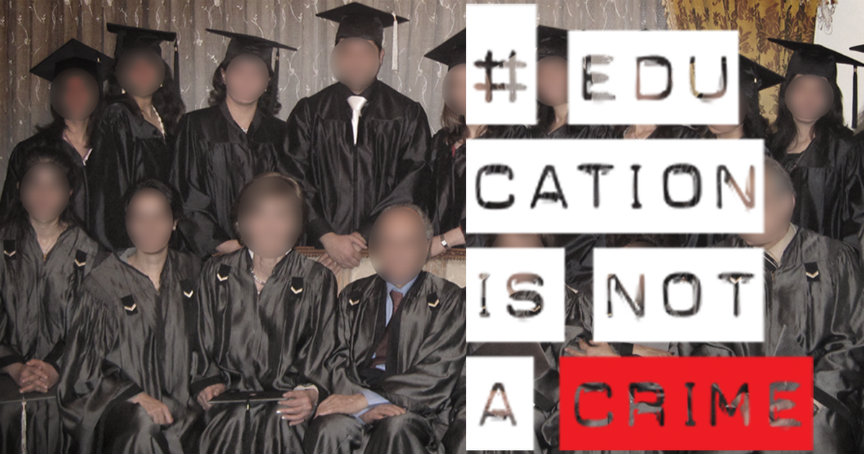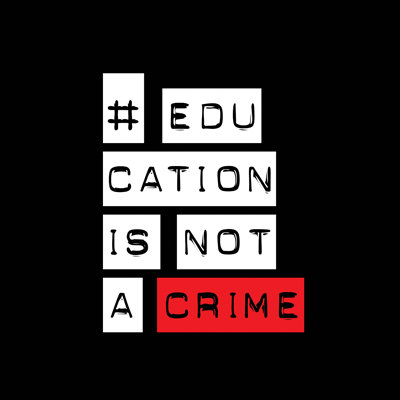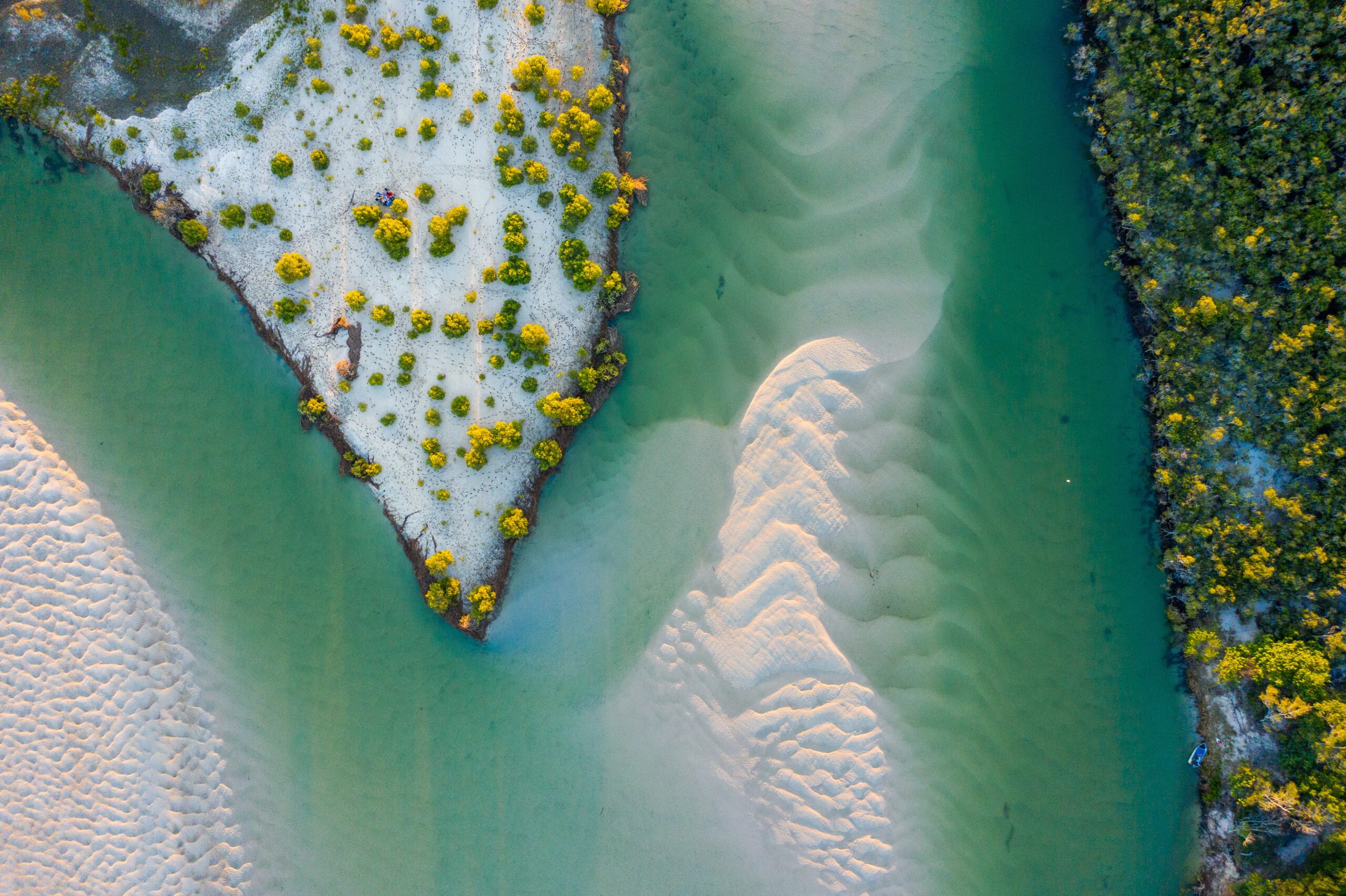Highlighting Australia
- As a proudly Australian initiative, we’re excited to showcase a collection of Australian stories, music, tributes and more.

Join activities, celebrations, study groups, spiritual empowerment and education programs for young people, and more.
Baha’i beliefs address essential spiritual themes for humanity’s collective and individual advancement. Learn more about these and more.


‘Education is Not a Crime’ is a new campaign featuring voices of support for Iran’s Baha’is from around the world.
The campaign centres around the fact that Iran’s government stops Baha’is from teaching or studying at public universities, so the Baha’i Institute for Higher Education (BIHE) was established in 1987 as an informal university to give young Baha’is a chance to learn.
The Baha’is are Iran’s largest religious minority and more than 200 Baha’is were executed between 1979 and 1987, after the Islamic revolution, and over 100 Baha’is are currently imprisoned because of their faith. Baha’is today are still routinely harassed, denied livelihoods, arrested, and jailed on false charges.

The story of the persecution of Iran’s Baha’is, and the creation of the Baha’i Institute for Higher Education, are the subject of the film To Light a Candle, produced by the Iranian-Canadian filmmaker Maziar Bahari. The film uses personal stories and dramatic archival footage to explore the persecution of the Baha’is and the role of their peaceful resistance in Iran’s democratic movement, but To Light a Candle was just the beginning, as this new campaign, ‘Education is Not a Crime’, aims to support Iran’s Baha’is by featuring voices of support from around the world.
The campaign has been endorsed by a string of Nobel laureates and other prominent figures around the world and they’re asking everyone to get involved!
You can find out more about the campaign by going to the Education Is Not A Crime website: www.notacrime.me
The awesome site allows you to watch uploaded video messages by the global community speaking out against what’s been happening, and you can also upload your own message too!
Click here to find out how you can get involved and help.
You can also watch the trailer for the film To Light a Candle and find out if the film is screening near you here.
"*" indicates required fields

We recognise their continuing connection to land, waters and community. We pay our respects to Aboriginal and Torres Strait Islander people and their cultures; and to elders both past and present.
The views expressed in our content reflect individual perspectives and do not represent authoritative views of the Baha’i Faith.

Visit the site of the
Australian Baha’i Community
and the Baha’i Faith Worldwide
Notifications
I fully support this initiative and hope that the day will come when Baha’is are accorded the rights and freedoms of other citizens in Iran.
Donush Rassekh (January 1, 2015 at 8:44 PM)
I understand that Baha’is are commanded to obey national law in all things short of denying their faith. By what reasoning, then, does BIHE operate in apparent contravention of Iranian law? (I ask this in all sympathy with their practical plight.)
Zla'od (January 1, 2015 at 3:37 AM)
Good question Zla’od, and it’s addressed very nicely in the open letter that the Baha’i International Community addressed to Iran’s Minister for Science, Research and Technology in 2011. The whole letter is available online at: http://news.bahai.org/sites/news.bahai.org/files/documentlibrary/848_BICLetter_English.pdf .
This paragraph from page 4 is particularly pertinent:
“The government of Iran now threatens Bahá’ís with widespread arrest if they do not discontinue their involvement with the higher education of Bahá’í youth. The charges are, however, very vague. What is “illegal”? To study? To learn? To accompany others in their quest to acquire knowledge? Why debar Bahá’í youth from studying or gathering together to learn, or disallow a dismissed university professor from sharing his or her learning with young people who are deprived of access to education? Ultimately, which is illegal: a government policy that excludes its citizens from higher education on the basis of their religious affiliation or the efforts of a community to educate its own youth? It is all too apparent that declaring the current efforts of the Bahá’í community to educate its youth to be illegal is, alas, but one more ploy—a transparent attempt to misuse the Bahá’í principle of obedience to government in order to get the Bahá’ís themselves to become complicit in retarding the progress of their own community.”
Hope this helps clarify your question.
Naysan (January 1, 2015 at 9:33 AM)
I commend Maziar Bahari and Naysan for their vision and all their hard work and dedication towards this Campaign! I had the privilege of meeting with Congressman Ed Royce of CA and staff member of CA Congresswoman Janice Hahn and bring their attention to the plight of the Baha’i youth on Iran who are deprived of a higher education solely due to their religious beliefs.
Marjan Rogers (February 2, 2015 at 3:40 AM)
Every body has right to get educated .
Mahmud Moghadam (February 2, 2016 at 7:12 AM)